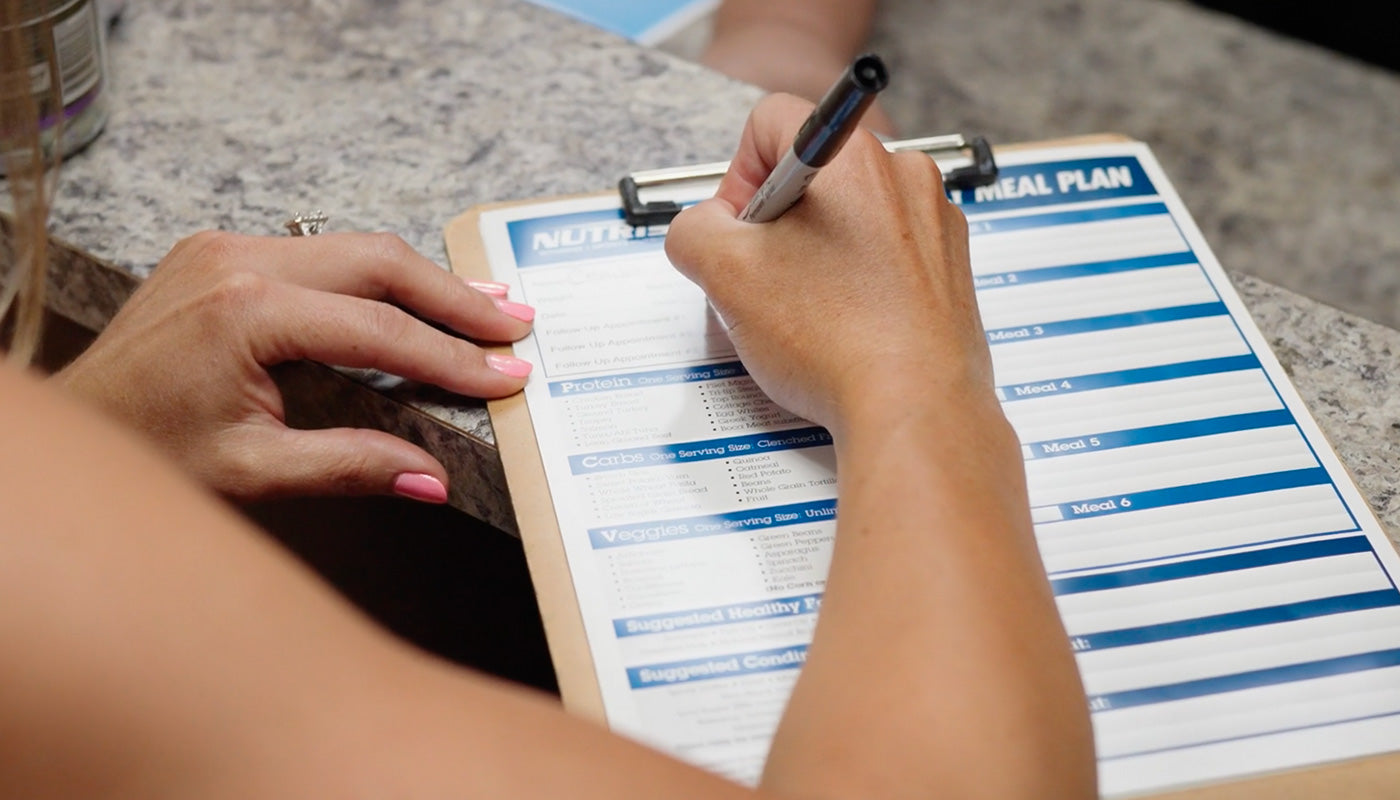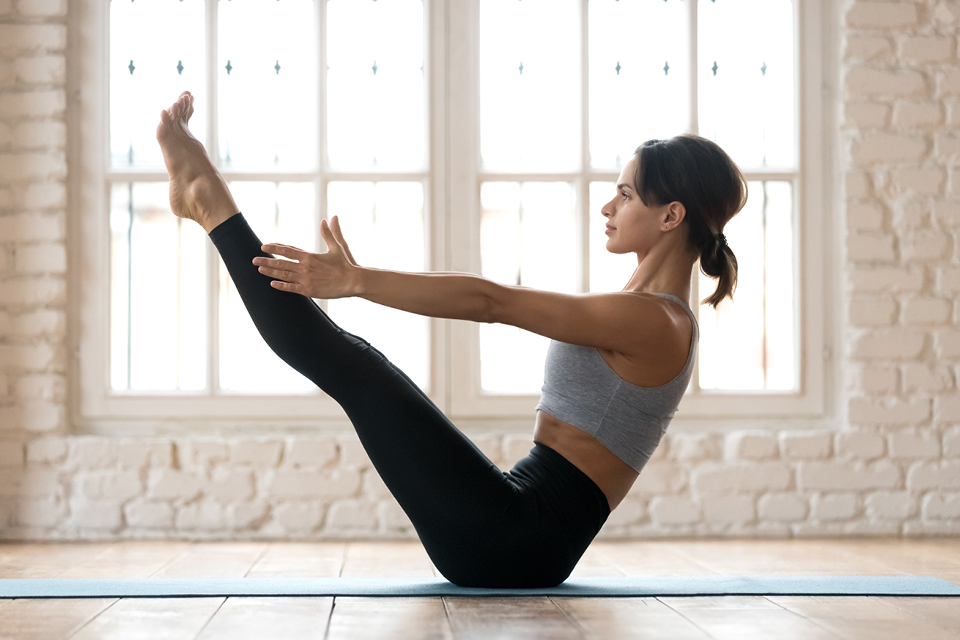Rooted in a holistic approach to fitness, Pilates has garnered attention as a low-impact yet highly effective exercise method. Its emphasis on controlled movements, breath awareness, and core engagement has led to many benefits extending beyond the realm of physical fitness. From enhanced core strength and flexibility to improved posture and pain management, Pilates has demonstrated its potential to contribute positively to overall well-being. Keep reading for five science-backed reasons you should consider giving Pilates a try!
1. Improved Core Strength and Stability
Numerous studies have shown that Pilates can effectively target and strengthen the core muscles, including the deep abdominal muscles and the muscles of the lower back. A study published in the Journal of Bodywork and Movement Therapies in 2019 found that 12 weeks of Pilates training significantly improved core strength and stability in healthy adults.
2. Enhanced Flexibility
Pilates incorporates dynamic stretching movements that can help improve flexibility and range of motion. A study published in the Journal of Sports Science & Medicine in 2014 found that 12 weeks of Pilates training led to significant improvements in hamstring flexibility among female participants.
3. Posture Improvement
Pilates focuses on proper alignment and body awareness, which can lead to improved posture. A study published in the Journal of Physical Therapy Science in 2015 reported that eight weeks of Pilates exercises resulted in improved posture and decreased postural abnormalities in female university students.
4. Pain Management and Reduction
Research has indicated that Pilates can benefit individuals dealing with various types of pain, such as lower back pain. A study published in the Journal of Orthopaedic & Sports Physical Therapy in 2014 found that Pilates-based exercises effectively reduced pain and improved function in individuals with chronic low back pain.
5. Muscle Endurance and Balance
Pilates exercises often involve controlled movements that require muscle endurance and balance. A study published in the European Journal of Applied Physiology in 2012 showed that Pilates training improved muscle endurance and balance in older women, suggesting its potential benefits for fall prevention and functional mobility.
Remember that the effectiveness of Pilates can vary based on individual fitness levels, adherence to the practice, and other factors. If you're considering starting a new exercise regimen like Pilates, consult with a qualified fitness professional or healthcare provider to ensure that it's appropriate for your specific needs and goals.




